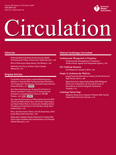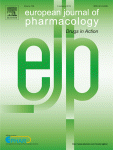 A major correction has been posted for an update to international guidelines on reporting outcomes of people receiving cardiopulmonary resuscitation (CPR).
A major correction has been posted for an update to international guidelines on reporting outcomes of people receiving cardiopulmonary resuscitation (CPR).
Circulation published the paper online in 2014; the correction was issued before it appeared in print, in the journal’s September 29, 2015 issue. “When reviewing the final proof for print publication, the author noticed some errors and requested changes,” according to a spokesperson for the journal’s publisher, the American Heart Association.
The notice is so long, we’re only including the first paragraph, most of which is taken up by just the title of the paper:
Continue reading Mega-correction for updated CPR reporting guidelines

 When two papers include the same images of rat hearts, one of those papers gets retracted.
When two papers include the same images of rat hearts, one of those papers gets retracted.





